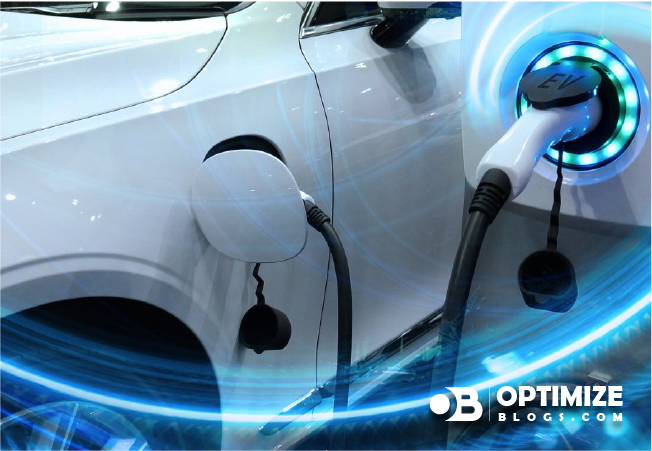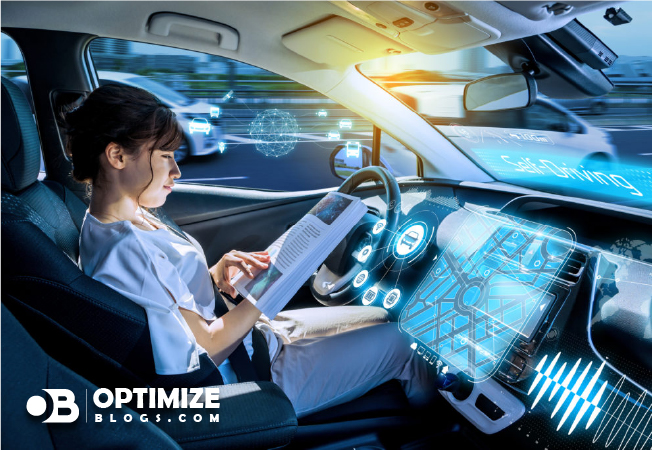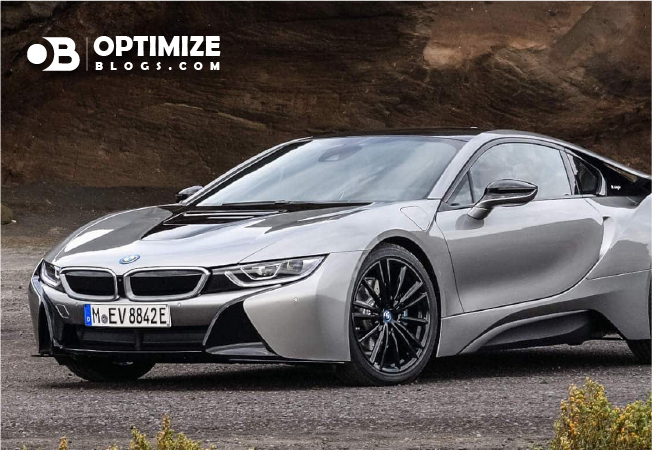
The automotive industry is in the midst of a significant transformation, with electric vehicles (EVs) emerging as a promising alternative to traditional gasoline-powered cars. Electric vehicles offer numerous advantages, but they also come with their own set of challenges and limitations. In this comprehensive guide, we'll delve into the world of electric vehicles, exploring their pros and cons to help you make an informed decision about whether an EV is the right choice for your transportation needs.
The Pros of Electric Vehicles
Environmentally Friendly
Pro: Electric vehicles produce zero tailpipe emissions, making them a cleaner and more environmentally friendly option compared to traditional internal combustion engine (ICE) vehicles. This significantly reduces air pollution and lowers your carbon footprint.
Cost Savings
Pro: Electric vehicles are more energy-efficient and cost-effective to operate. They have lower fueling and maintenance costs, as electricity is generally cheaper than gasoline, and EVs have fewer moving parts that require maintenance.
Energy Independence
Pro: Electric vehicles reduce our dependence on fossil fuels, which are subject to price fluctuations and geopolitical tensions. Relying on electricity allows for a more stable and diversified energy source.
Quiet and Smooth Ride
Pro: Electric vehicles are remarkably quiet and provide a smoother, vibration-free ride compared to traditional vehicles. This enhances overall driving comfort.
Instant Torque
Pro: Electric motors deliver instant torque, resulting in quick acceleration and responsive performance. EVs often provide a thrilling driving experience with rapid acceleration from a standstill.
Home Charging Convenience
Pro: Charging an electric vehicle at home is convenient and eliminates the need for regular trips to the gas station. You can simply plug in your EV overnight and wake up to a fully charged battery.
Incentives and Tax Credits
Pro: Many governments offer incentives and tax credits to encourage the adoption of electric vehicles. These incentives can significantly reduce the upfront cost of purchasing an EV.
The Cons of Electric Vehicles
Limited Range
Con: The range of electric vehicles is generally shorter than that of gasoline-powered cars. Although EV ranges are improving, long road trips may require more frequent charging stops.
Charging Infrastructure
Con: While charging stations are becoming more widespread, they are still not as ubiquitous as gas stations. Access to charging infrastructure may be limited in some areas, which can be inconvenient for long-distance travel.
Charging Time
Con: Charging an electric vehicle takes longer than filling up a gas tank. Fast chargers can reduce charging times significantly, but they are not as common as standard chargers.
Upfront Cost
Con: Electric vehicles typically have a higher upfront purchase price compared to similar ICE vehicles. However, this cost gap is narrowing as EV technology advances and economies of scale are realized.
Limited Model Options
Con: While the variety of electric vehicle models is increasing, the market still offers fewer choices compared to traditional vehicles. Consumers may have limited options when it comes to body styles, sizes, and features.
Battery Degradation
Con: Over time, the battery in an electric vehicle can degrade, resulting in reduced range and performance. While battery technology is improving, replacements can be costly.
Charging Compatibility
Con: Some electric vehicles use different charging standards, which can be confusing for consumers and limit the availability of charging options for certain models.
Conclusion
Electric vehicles offer numerous advantages, including environmental benefits, cost savings, and a smoother driving experience. They are a crucial part of the transition toward more sustainable transportation options. However, they also come with limitations, such as range anxiety and charging infrastructure challenges.
When considering an electric vehicle, it's essential to assess your driving habits, charging options, and budget. As technology continues to advance and the electric vehicle market expands, many of the current limitations are expected to diminish.
Ultimately, the decision to go electric depends on your individual needs and priorities. As EV technology evolves, electric vehicles are becoming an increasingly viable and attractive option for a broader range of consumers. Whether you choose an electric vehicle for its environmental benefits, cost savings, or driving experience, it's clear that they are here to stay and will play a significant role in the future of transportation.






